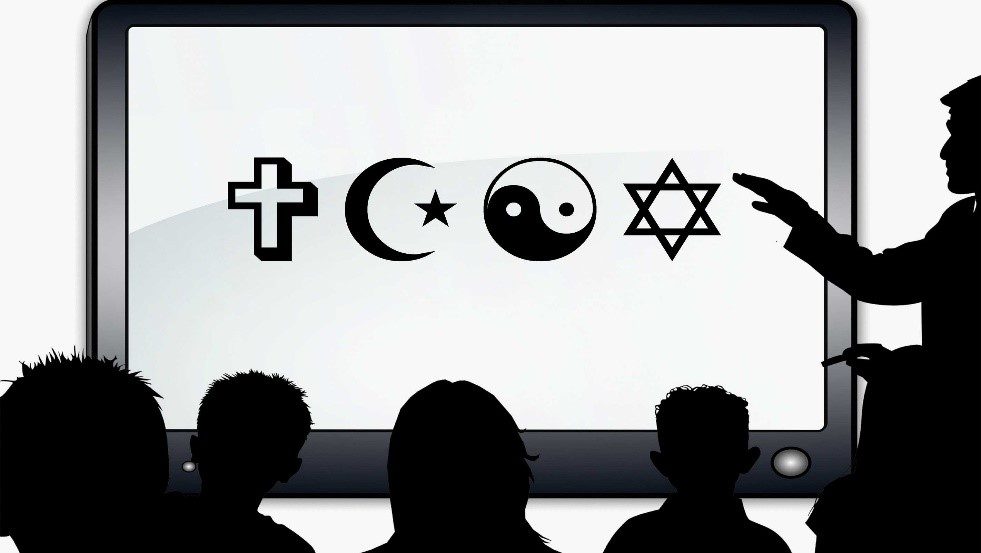Religious and Moral Education includes learning about Christianity and other world religions and supports the development of beliefs and values. Scotland is now a nation which reflects a wide range of beliefs, values and traditions. Religious and Moral Education, enables children and young people to explore the world’s major religions and approaches to living. This awareness and appreciation assists in counteracting prejudice and intolerance, as children and young people consider issues such as sectarianism and discrimination more broadly.
The study of Christianity, which has shaped the history and traditions of Scotland and continues to exert an influence on national life, is an essential feature of Religious and Moral Education for children and young people.
Learning through religious and moral education enables children and young people to:
- develop a knowledge and understanding of Christianity and other world religions and recognise religion as an important expression of human experience
- explore moral values such as wisdom, justice, compassion and integrity
- investigate and understand the responses which religions can offer to questions about the nature and meaning of life
- develop the skills of reflection, discernment, critical thinking and deciding how to act, when making moral decisions
- develop beliefs, attitudes, moral values and practices through personal search, discovery and critical evaluation, and make a positive difference to the world by putting beliefs and values into action.
Education is about the development of the whole person. Religious and Moral Education deals with the development of the person in relation to self-awareness, relationships with others and the realm of beliefs, values and practices which go to make up a religious outlook on life.
Christianity and Other World Religions
Throughout the school year, our pupils study a variety of topics based on Christianity and other world religions. Pupils may also visit places of worship linked to their topics.
It is normal practice for assemblies to take place throughout the school session. Our main assemblies take place at Christmas, Easter and summer. Under normal circumstances, each class has responsibility for leading one assembly each year, to which parents and friends are invited. At key points during the school year our school chaplain or a church representative also leads assemblies in school or in Bargeddie Parish Church.
It is recognised that the Education (Scotland) Act allows parents to withdraw their child from any instruction in religious subjects and from any religious observance. Parents are invited to come along and discuss the R.E. programme with the Head Teacher if they have any concerns regarding this aspect of the curriculum.
Parents / carers from ethnic minority religious communities may request that their children be permitted to be absent from school in order to celebrate recognised religious events. Only written requests will be considered. Appropriate requests will be granted on not more than three occasions in any one school session and the pupil noted as an authorised absentee in the register.



You must be logged in to post a comment.